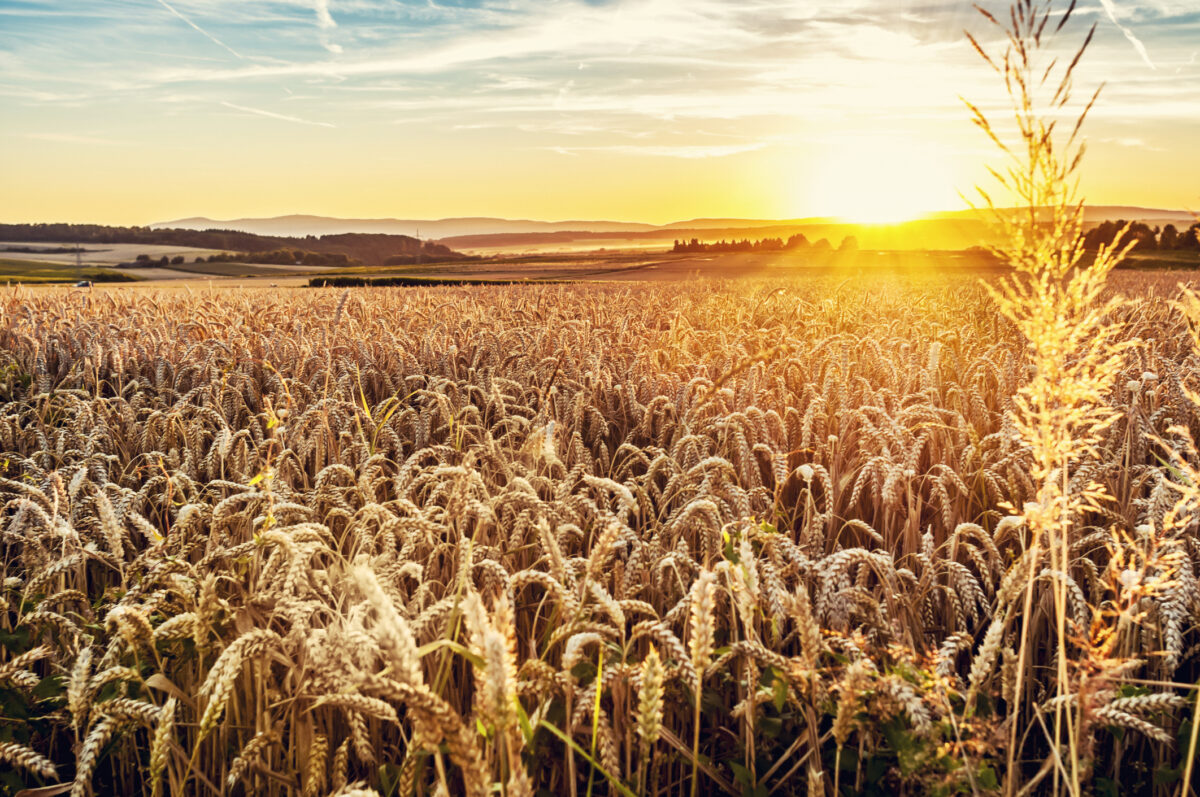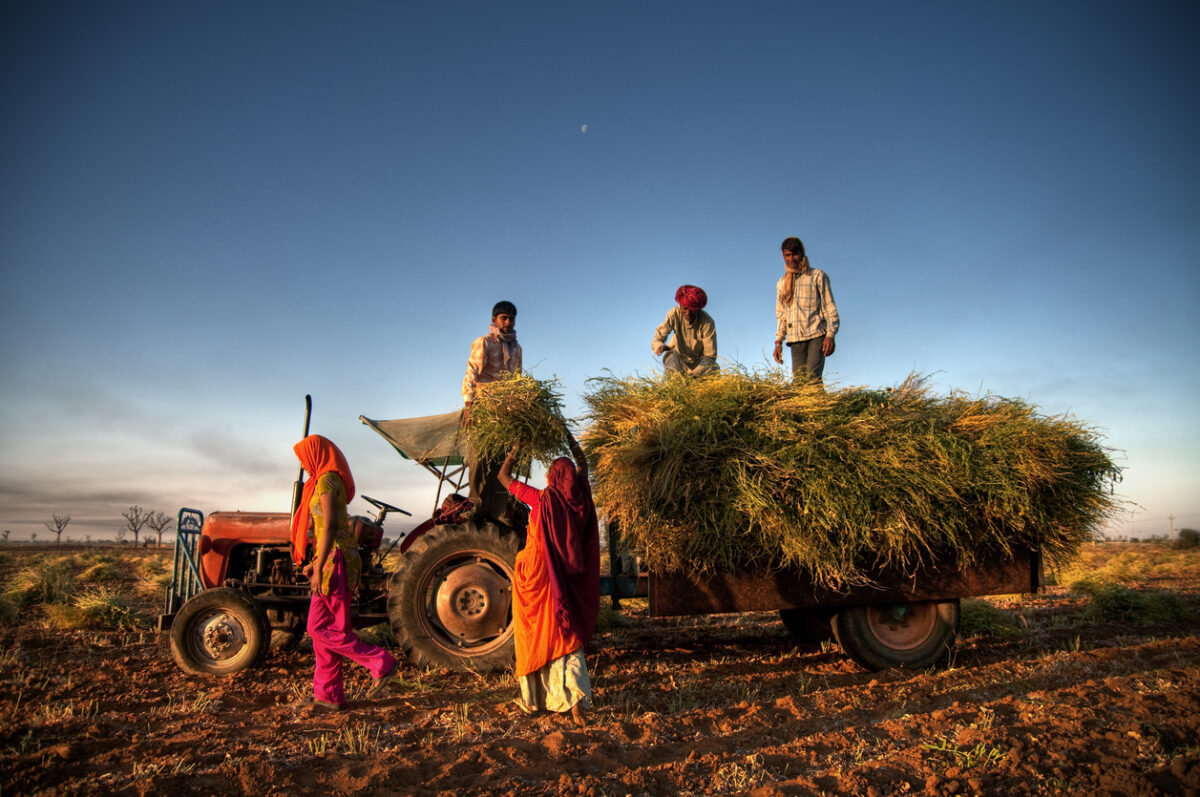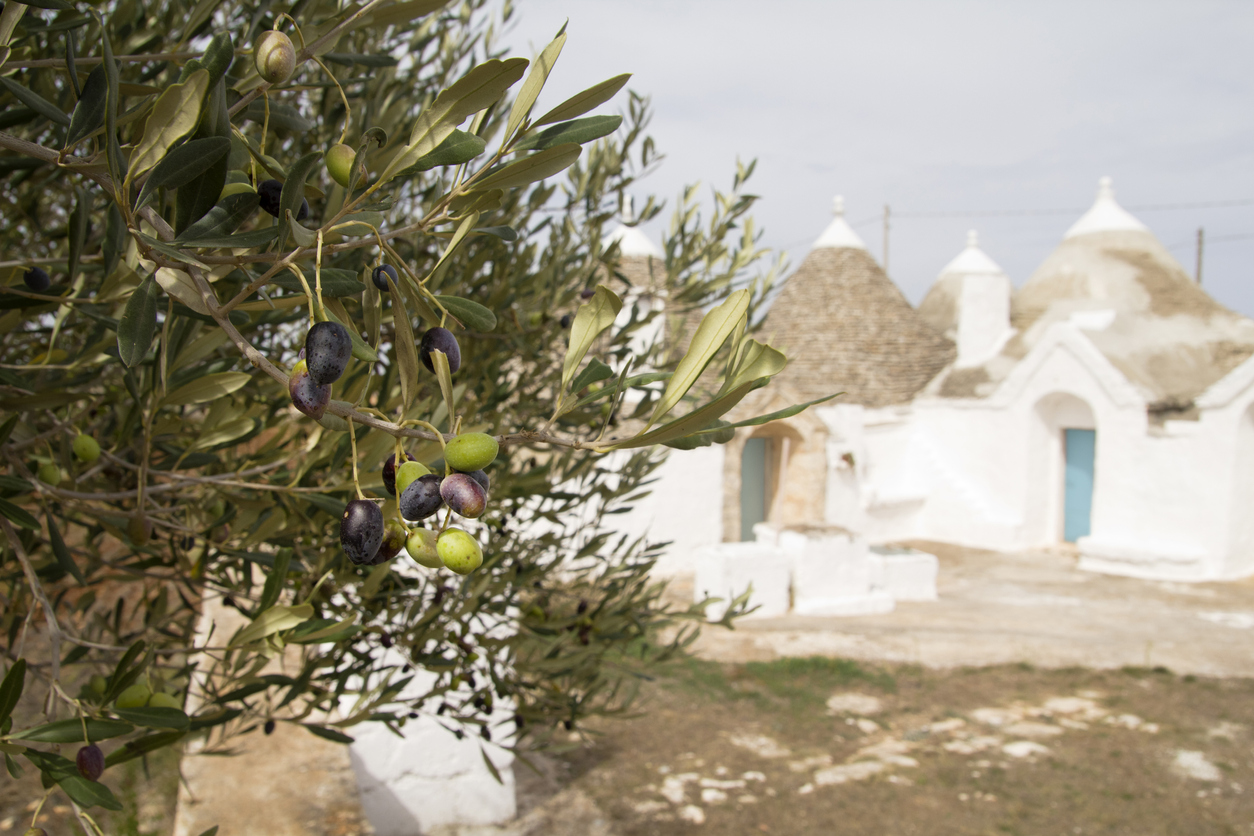Olive oil, risotto rice and tomatoes among ingredients threatened by Northern Italy drought

The price of Italian-grown staples like olive oil, passata and arborio rice could rise by as much as 50%, as a severe drought continues to affect the north of the country.
It has not rained in Northern Italy since 10 December 2021, making the current drought the worst suffered by the region in 70 years. In response to the lack of rainfall, some areas are rationing drinking water, and the city of Milan has switched off its fountains to preserve resources. It is rare for the north of Italy not to have rainfall, as the area tends to experience rain between autumn and spring, and snow in the winter.
The drought is already affecting agriculture in the region, and farmers in the Po Valley have warned of a “significant reduction” in crop yields later this year.
“We are already seeing some olive trees producing no fruit, which only happens when soil moisture levels are critically low,” Kyle Holland, market analyst at Mintec, told The Guardian. “According to industry contacts, the lower production and, therefore, limited supply of olive oil is likely to cause prices to increase in the coming months.”
Holland said some market sources suggest Italian production of olive oil could be down 20% to 30% on last year, which itself was impacted by a summer of droughts and wildfires across the country.
With the ongoing Russian invasion of Ukraine, inflation driving up the price of farming resources and similarly hot and dry weather occurring in Spain – a large producer of olive oil – the global supply of oil is under significant pressure.
This is reflected in the current price of Italian extra virgin olive oil, which is already up 28% when compared with two years ago, according to Mintec, as the cost-of-living crisis deepens.
Tomatoes, which are widely exported by Italy and used to make common kitchen ingredients like tomato purée and passata, are also suffering because of the lack of rain.
According to The Guardian, most farmers will harvest their tomatoes early this year because of the hot weather – starting in the next fortnight.
The price of Italian tomatoes has more than doubled in the last two years, Mintec reports.
Grains and rice are also projected to be affected by the drought. Coldiretti, Italy’s largest agricultural union, said: “Wheat production is estimated this year to drop sharply also in Italy with an average cut of more than 15% due to the increase in production costs and the drought that has cut yields from the North to the South of the country.”
The union added that in some of the areas that are traditionally the most productive, the cut to yields could be as high as 30%.
Understand the scope of the effects of the Russia-Ukraine war in this Food Matters Live Podcast episode:








